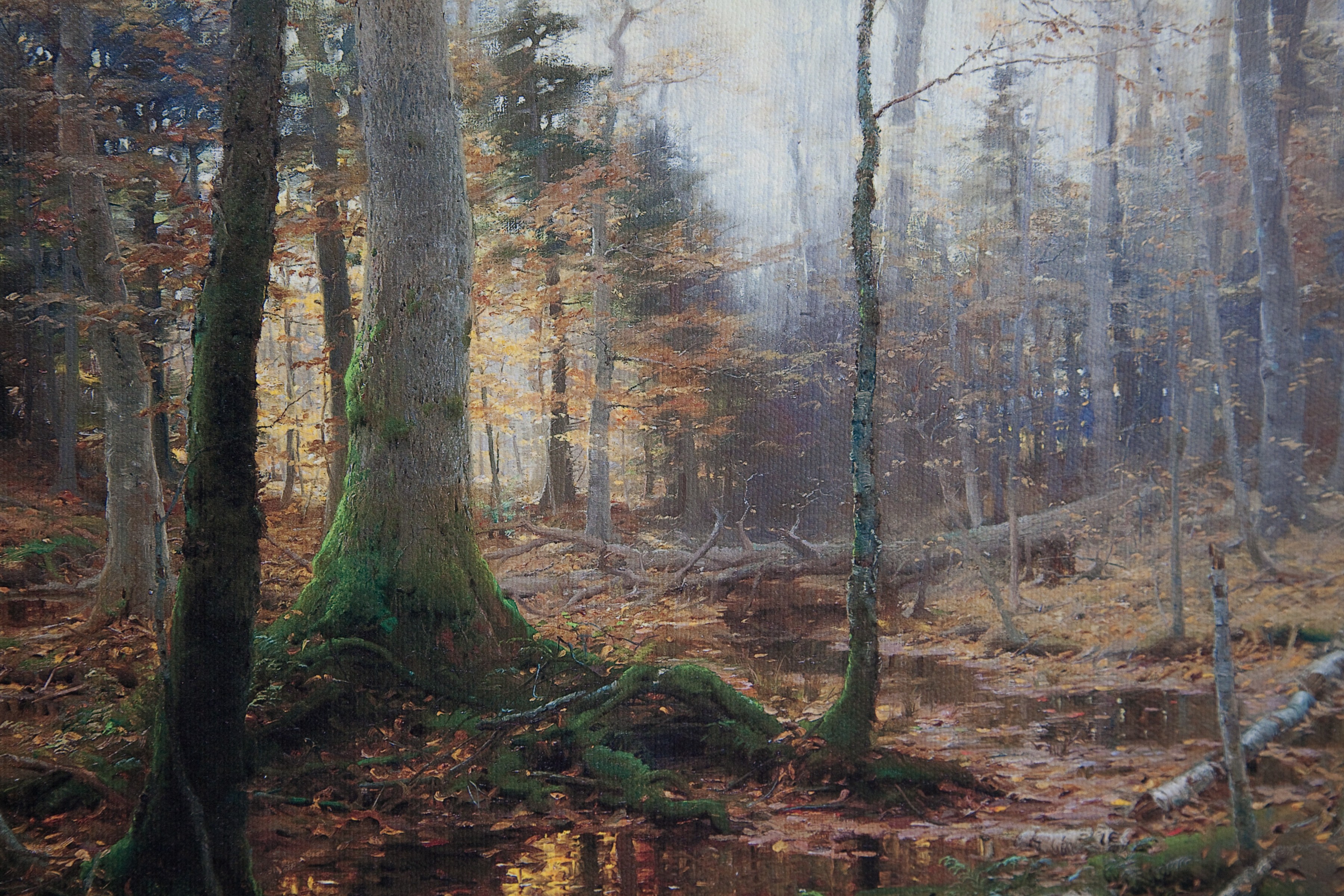
Gravitational Attraction
What would happen if two people out in space a few meters apart, abandoned by their spacecraft, decided to wait until gravity pulled them together? My initial thought was that …
In #religion

The question of supernatural vs. natural has come up a lot in discussions with Christians. Such quotes as "Naturalism is ambiguous. What is nature and what isn't nature?", "Naturalism is vacuous. It's only tenet is an entirely reactionary one - no theology", and "Naturalism is unable to ground its own intelligibility which means it collapses into nihilism" abound. Philosopher Alvin Plantinga has an Evolutionary argument against naturalism.
The way I see it is the following. There used to be a distinction between "terrestrial" and "celestial" matter. Then it was determined that the planets obeyed the same rules as the apples falling from trees and the need for the distinction disappeared. "Celestial" matter disappeared as did "terrestrial" matter leaving just "matter". Since then, we have determined, that pretty much everything we can observe follows the same rules - although some get blurred at different scales (microscopic vs macroscopic, for example). Naturalism then is simply the recognition that the stuff we see day-to-day operates on the same principles as the stars in the early universe, and the galaxies far far away. So if you can show us something that is observable yet doesn't follow these rules - something which follows a separate set of rules - then perhaps it might be time to introduce the distinction between natural and supernatural. Otherwise, there is no need for the added concept of the supernatural. Is there such an observable? What are its rules?
As a side-note, this means that naturalism need not "ground its own intelligibility". It is just the recognition that we can develop rules using the material on the Earth and make predictions over a wide range of time and space. There really isn't anything more we could ask of it.